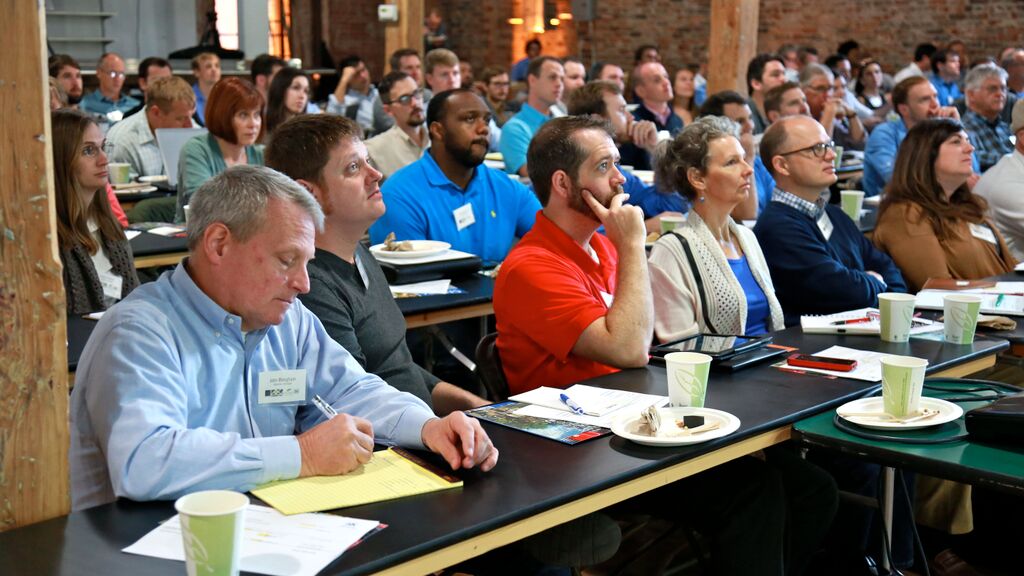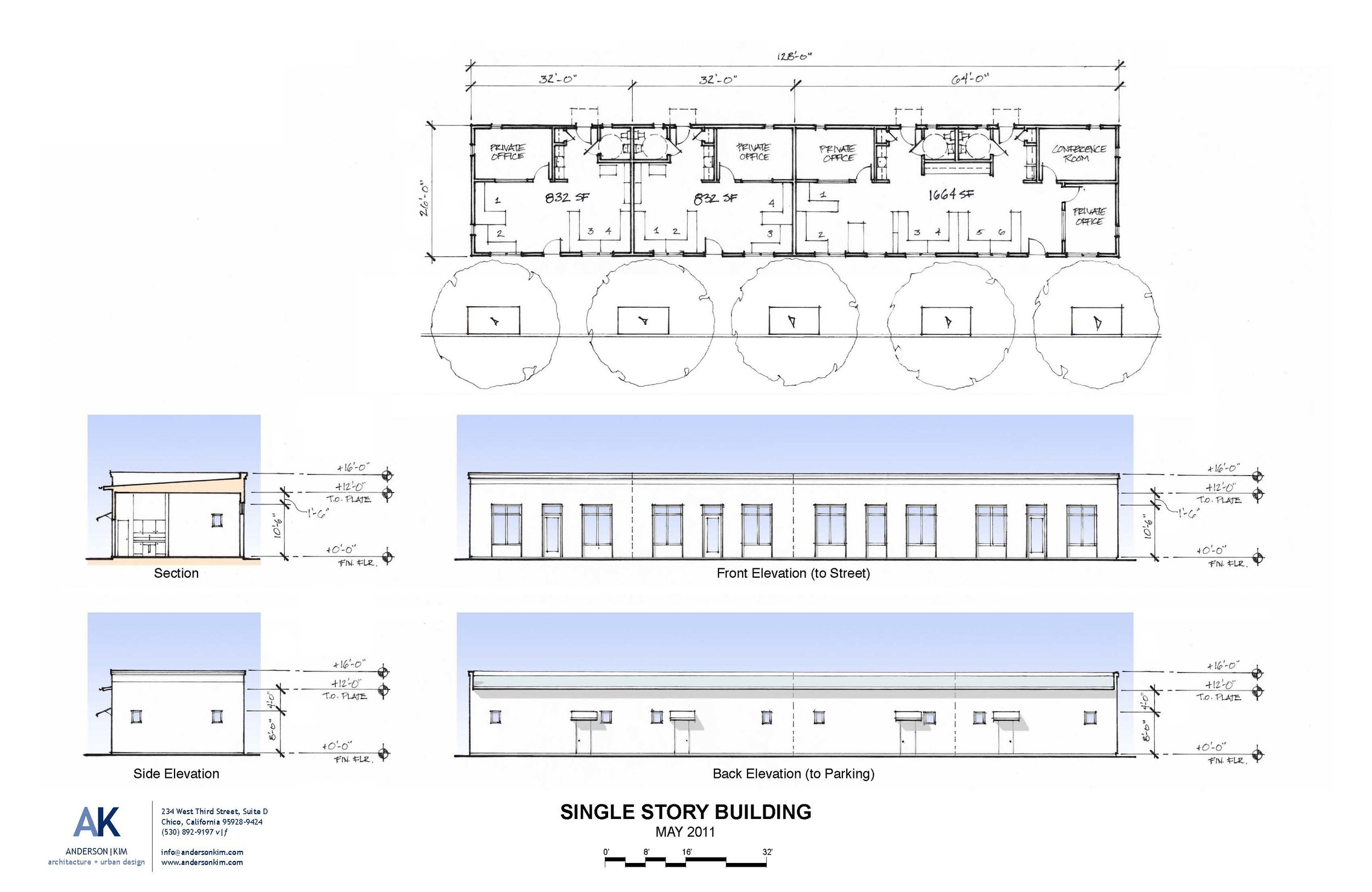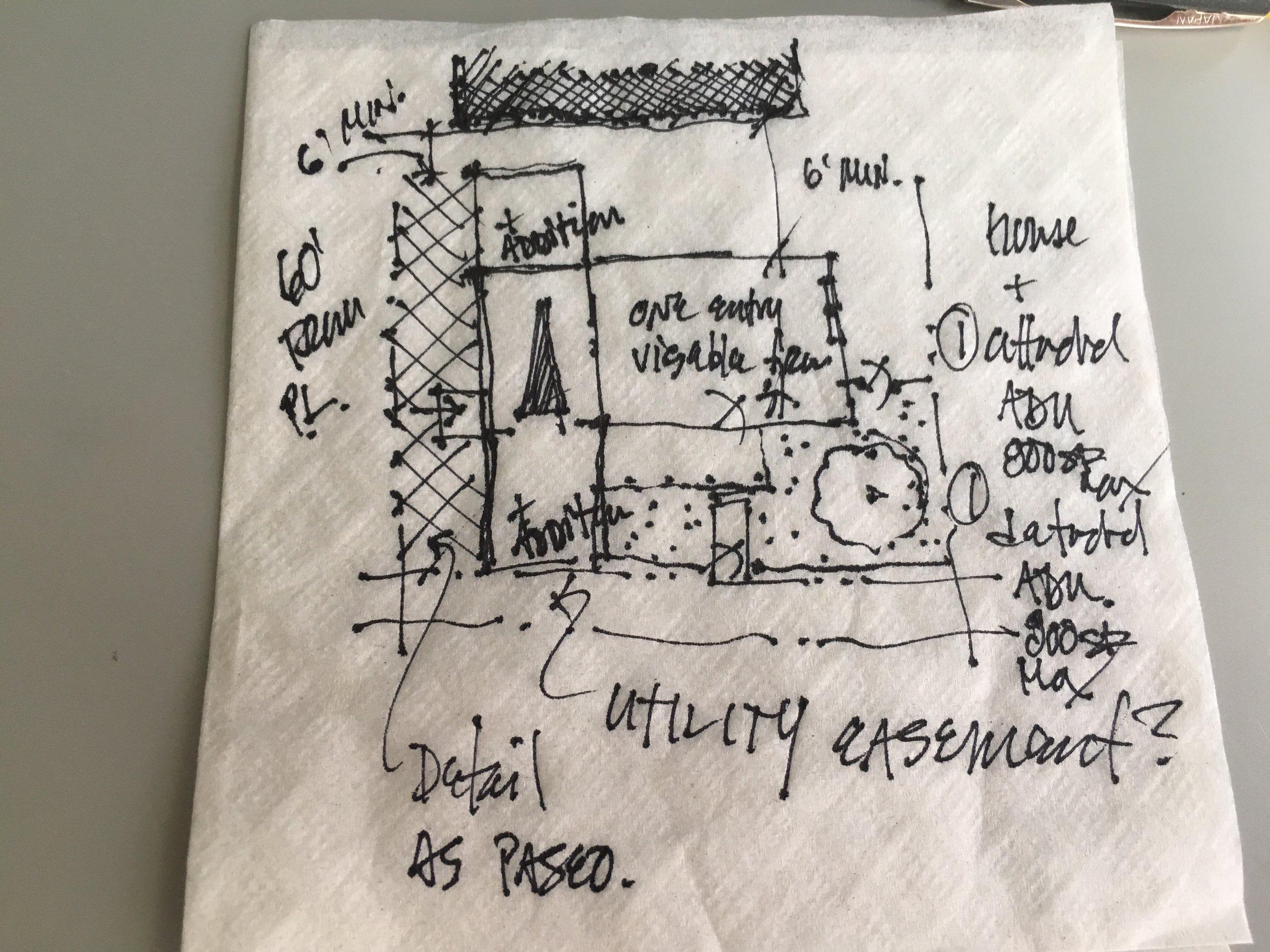
One of the themes I have seen following the recent election, is that many people are tired of being talked down to by people who seem to think they are better. Call it a backlash against smugness, for lack of a more precise term. Recently I proposed that for people trying to build better places, the alternative to smugness would be to become authentic assholes. I am serious on this point. Authenticity appears to be the quality that lets you get a partial pass on being an asshole, as long as you don't talk down to people..
I'm directing this approach to the Architects, Engineers, Planners, Policy Folks, and Academics who are members of the Congress for the New Urbanism or similar place making advocacy groups. If being the fancy people who know stuff, (the people perceived as smug or condescending) is not working, then let's not be those people. Let's be authentic assholes.
The fire marshal's mandate is not a collection of sincere feelings that we should help the community process through group hugs. It's bullshit that hurts the town. Some asshole needs to call the fire marshall out for being part of a calcified over-reach that makes no sense.
Off-Street Parking minimums? More bullshit that needs to be called out. Municipalities completely suck at guessing how much parking is going to be needed for all possible land uses, and the community was wrong to give them that job. The result was they picked numbers that produced fewer complaints and phone calls. Some asshole needs to call out that lazy bullshit in stark terms and poison the well. Make the position of advocating for such nonsense so awful that anyone who defends parking minimums (or maximums) is discredited for being a lazy bullshitter.
You want to make a difference at the local or regional level? Become a developer or a builder. Free yourself from the shackles of propriety and elaborate argument. Every community needs people who can build and rebuild the place. That's where we can find our place in the moral, economic, and cultural fabric of a place. Architects, Engineers, Planners, Academics have a professional obligation to at least appear to be interested in making the city a better place with ideas. People who are fearful see a host of horrible outcomes, real or imagined, when ideas are advanced in clumsy ways disconnected from the base concerns of daily life. Developers and builders are not burdened with those expectations and when the dust clears there are buildings built or rebuilt, people find benefit in the buildings or they don't. (--Keep in mind that the bar for a decent building or street is quite low many places). Nobody expects virtue from a developer. They may look to exact virtuous action from the developer under duress, but they really do not expect it as a natural expression of what is in the developer's greasy soul. An exaction or tax is often given reluctantly, out of resignation. An unexpected gift can be a sincere expression of our better nature.
This is a framing thing. When New Urbanists propose a better place that starts to sound like some kind of utopia and the built effort that follows only delivers 68% utopia, folks get disappointed and pissed off because their high expectations (however unreasonable) have not been met. If a developer commits to meet all local codes and regulations and to deliver something the market seems to want and the built result is 32% utopia, people are accepting and sometimes even happy, because their low expectations have been exceeded.
Be virtuous in your heart, but don't wear it on your sleeve. Be cunning and deliberate. Have a plan for your neighborhood. Gather resources that others cannot access. If we can be the people who actually get stuff built during a recession (And that stuff doesn't suck), if we can build well, despite the severe shortage of skilled construction labor, who is going to mess with us at the local level?
If you would like a glimpse of what an insurgency of Small and determined developers might look like, wander over to the Small Developer/Builders Group on Facebook and see what those folks are talking about. We worked to keep the group fairly politics-free. If you are not on Facebook, find somebody who is and they can guide you. Come to a Small Developer Workshop where you will meet folks who are serious about making a difference in their neighborhoods (even if other people think they are assholes).
Nobody suspects virtue in a developer. You can pick the opportunity to surprise them. Under-promise and then over-deliver.



 I continue to ask Urbanists "why aren't you a developer yet?" That's a sincere and serious question. I am serious about recruiting Architects, planners, engineers, activists who consider themselves to be urbanists (New or otherwise) into the ranks of the small developer cohort because I think it is the best way for an urbanist to have an impact in a place they care about. If you have devoted thousand of hours of study and practice to what makes a good place, why leave the construction and renovation of buildings to developers? This question becomes a bit more pointed when you recognize that many conventional developers are doing work in urban settings under duress or without much of a clue how to make their efforts fit a more urban context. I think the typical generalist/urbanist will do a better job than whatever big development outfits are working in their city.
I continue to ask Urbanists "why aren't you a developer yet?" That's a sincere and serious question. I am serious about recruiting Architects, planners, engineers, activists who consider themselves to be urbanists (New or otherwise) into the ranks of the small developer cohort because I think it is the best way for an urbanist to have an impact in a place they care about. If you have devoted thousand of hours of study and practice to what makes a good place, why leave the construction and renovation of buildings to developers? This question becomes a bit more pointed when you recognize that many conventional developers are doing work in urban settings under duress or without much of a clue how to make their efforts fit a more urban context. I think the typical generalist/urbanist will do a better job than whatever big development outfits are working in their city.